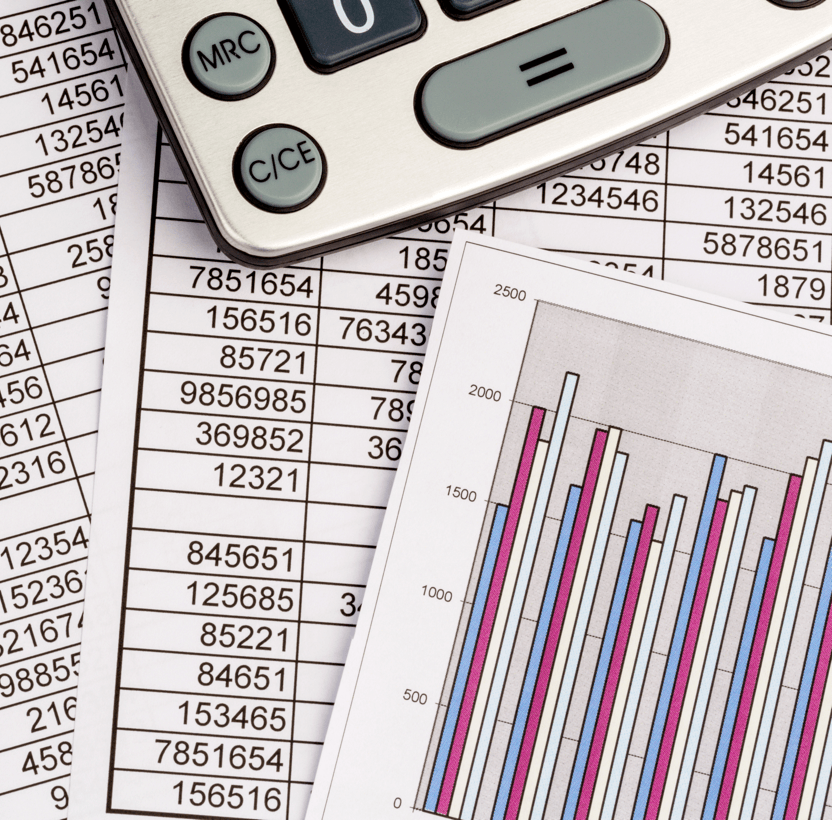A good credit score is essential when buying a home, and if yours is low, you need to take the right steps to improve it. Your score is based on past actions, and while you can’t change the past, you can make a better choice going forward. Over time, your mistakes will carry less weight.
The following tips will help you improve your credit score.
Check Your Credit History
Start by ordering a copy of your credit history. This should show things like how much credit you have available, how long you’ve had your accounts, how much debt you owe, and whether or not you pay your bills on time. Mistakes on your report could be pulling your credit score down.
For instance, if the credit card company didn’t update your new credit limit, you’ll have a higher debt to credit ratio than you should. Updating the credit limit will update your debt to credit ratio, and your score will increase. Correcting mistakes is a good way to quickly increase your score.
Correct any mistakes in the report by writing to the credit bureaus. The Office of Consumer Affairs offers detailed information on dealing with these mistakes.
 Get a Credit Card (If You Don’t Have One)
Get a Credit Card (If You Don’t Have One)
Surprisingly, living within your means and saving up for large purchases can mean that your credit score is low. Lenders need to see how you handle credit before they’ll give you more, and they can’t do this if you don’t utilize credit.
If you don’t already have a credit card, it’s time to apply for one. Look for cards designed for those with low credit scores. If you’re in college, you may qualify for a student card. Credit unions may also have cards for members who do not have much credit.
If you can’t qualify for a card through normal methods, you can get a secured credit card. This requires a deposit that becomes your credit limit. The limits tend to be low, so it’s not an ideal solution, but these cards work in a pinch when you need to build up your credit.
Use your new card sparingly, and pay off your bills on time each month. You don’t have to carry a balance to improve your credit score.
Set Up Automatic Payments
Paying your bills on time is the most important factor in building a good credit score, but it’s easy to let things fall through the cracks when you’re busy. Make sure that you never miss a payment by scheduling automatic payments. Most of the time, you can schedule the payments to come out of your account soon after payday so that you’re not worrying about having the money in your account. If you want to pay more toward the debt, you can always initiate a one-time payment outside of your automatic payment.
 Focus on Paying Off Debt
Focus on Paying Off Debt
The more debt you have, the lower your credit score will be. It’s time to get serious about paying off debt. Make a budget if you don’t already have one, and look for ways that you can cut back on your expenses. Apply this extra money to your debts. When you get a bonus at work or a tax refund, put that money toward your debt. Sell off some of the things you don’t use, then put that money toward your debt. Try to find as much money as possible so that you can get rid of this debt.
Paying off your debts does more than improving your credit score. It will also allow you to qualify for a more expensive home. Lenders factor in your debt payments when they decide how much they’ll lend, and if you have less debt, you can get a bigger mortgage.
Balance Your Budget
Since you’re trying to improve your credit to buy a house, the last thing you want is to incur more debt. By following a budget, you’re ensuring that you’ll always have the money you need to pay your bills. It might feel a bit boring, but it’s simply a good way to instill a sense of financial responsibility.
Don’t forget to put some money into an emergency fund each month. This will also help you avoid going into debt.
Follow this Advice Consistently
Ultimately, it takes time to build up a credit score. With each on-time payment, your score goes up a little bit. As you decrease your debt, your score also goes up a little bit. But the reverse is also true: if you make late payments or add to your debt, your score will decrease. That’s why it’s so important to consistently make an effort to watch your credit score. Building and maintaining credit is a long-term game.
By making good choices with your money, you’re putting yourself in a good position to buy a home. Your credit score will be better, and you’ll be smart about managing your finances. It’s always a good time to focus on your credit.{{cta(‘223d3949-6a53-484b-8a9a-5fd5aa8bc8e6′,’justifycenter’)}}
Photo credit: credit score, keyboard, calculators




